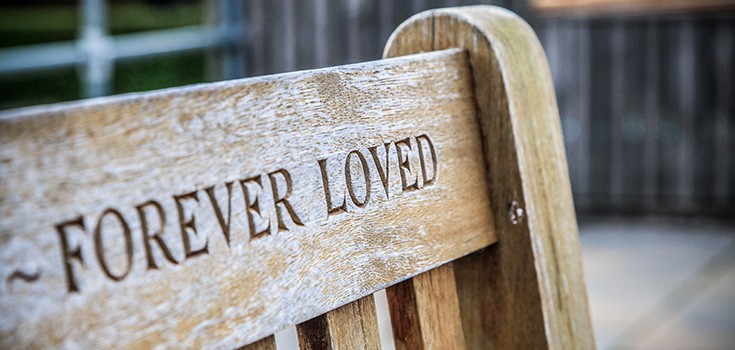Court Awards Family for Antidepressants Leading to Man’s Suicide

A Supreme Court jury in New York awarded $1.5 million to the family of Joseph Mazella, who committed suicide in 2009 after his physician prescribed the 51-year old father, teacher, and basketball coach a deadly cocktail of pharmaceuticals—without having met him once.
In fact, Dr. William Beals was on vacation in Cape Cod when Mazella called him to discuss his recent dip in mood and increased anxiety. Mazella had been on 20 milligrams of Paxil, an anti-depressant linked to violent behavior for over 10 years at the behest of Dr. Beals. Never once in those 10 years, however, had the two met in person; their interactions were limited to phone calls that Mazella made so Beals could renew his prescription. On August 9th of 2009, however, when Mazella called about depression and anxiety, Beals kicked up his dosage to 40 milligrams of Paxil and added a new antipsychotic drug, Zyprexa.
Not one month later, Mazella’s wife Janice found him dead in the garage.
Not surprisingly, Beals was charged with negligence earlier this year in several others patients’ cases, and is being disciplined by New York for personally abusing drugs and alcohol. He is one of the most recent in a long line of negligent physicians who, with little regard for the preciousness of life and the dangers of powerful pharmaceuticals, prescribed a patient literally to death.
Putting Drug Deaths into Perspective
Let’s take a step back. Yes, Mazella was already depressed and anxious before taking his upped dosage of Paxil and Zyprexa. His suicide therefore may be little more than the effect to the cause of his depression.
We must not forget, however, that drug deaths now outnumber traffic fatalities in the United States. For over 10 years, investigations in the safety of prescription antipsychotics, antidepressants, and painkillers have been underway, often leading to unpleasant indications like that Prozac could increase rather than decrease the risk of suicide. According to a Los Angeles Times report, “the most commonly abused are OxyContin, Vicodin, Xanax, and Soma. One relative newcomer to the scene is Fentanyl, a painkiller that comes in the form of patches and lollipops and is 100 times more powerful than morphine.”
Let’s also not forget the eerie trend with suicides (and shootings) and antidepressant use. The ‘batman shooter’ James Holmes was hooked on a cocktail of Big Pharma drugs, along with the recent offender of the Connecticut school shooting. These are just 2 examples of many.
The case for pharmaceuticals isn’t improved by other research linking them to a raised risk of atherosclerosis or the hardening of arteries, life-threatening brain damage from a stroke, and suicidal thoughts.
Natural Alternatives to Antidepressants
In perspective, Beals’ case and those of many other neglectful physicians and therapists seems to be a matter of just that—negligence—and over-prescription. Many patients are convinced that nothing short of pharmaceuticals can help them, and in many cases it seems hardly ethical to declare without a shade of a doubt otherwise.
There are, however, natural ways to improve mood without writing hefty checks or putting physical and mental wellbeing at risk. The modern American lifestyle breeds depression, but can be improved by altering a sedentary lifestyle, unresolved and overwhelming sources of emotional stress, and a highly toxic diet heavy in fast foods.
Our sedentary lifestyle, in fact, keeps us from visiting the most natural, cheapest antidepressant available: sunlight. Vitamin D had demonstrated in numerous studies to reduce and even eliminate depression without the harmful and often deadly side effects of pharmaceuticals. Exercise and meditation—such as yoga—in such clean, sunlit environments seems far-fetched in the typical American’s busy lifestyle, but these changes can target problems at the source before they spiral out of control and into the hands of the likes of Dr. Beals.
